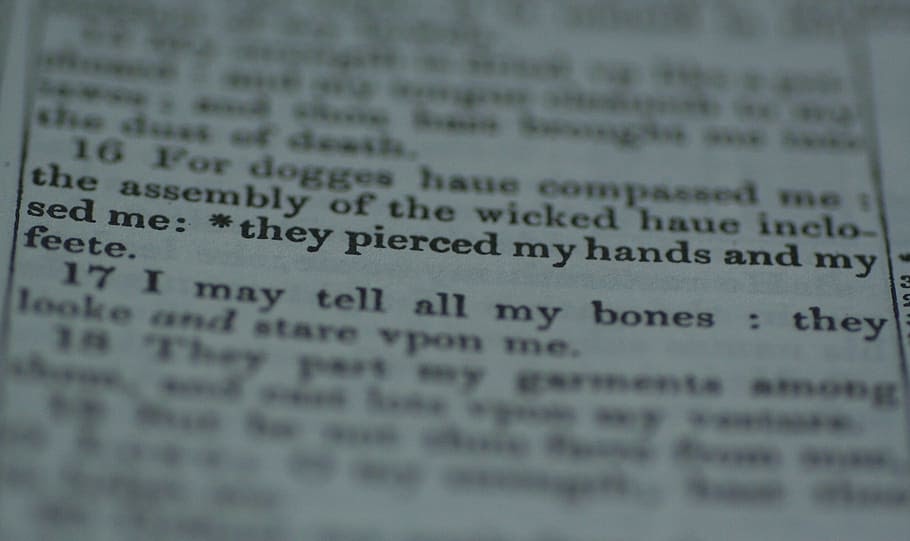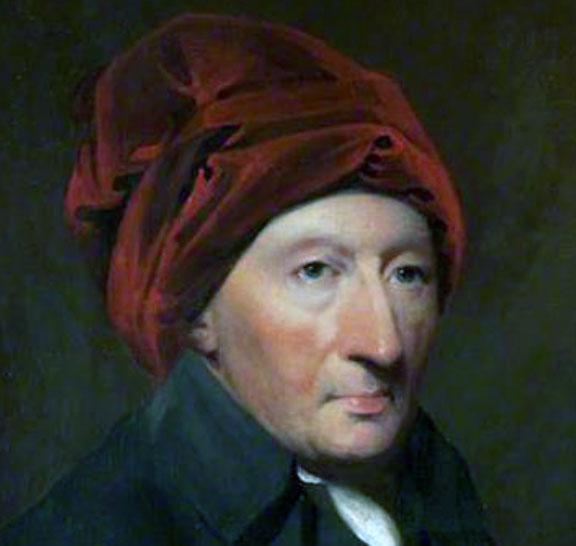Solparvus
Puritan Board Senior
Last year a Reformed family I knew went Eastern Orthodox. I recently learned of another Reformed family in my circle going the same way. It seems to be the mysticism and the supposed historicity of the EO church. In both cases they just dump their old theology. Both are now anti-Calvinistic, and one of the men rejects justification by faith alone.
Also, in both cases they do their own private study for months of time, tell no one, then just exit.
Have any of you witnessed this? What is it that draws people out of Reformed circles to the EO? I know that families isn't a big pool of samples, but I am wondering if this happens with some regularity elsewhere.
Also, in both cases they do their own private study for months of time, tell no one, then just exit.
Have any of you witnessed this? What is it that draws people out of Reformed circles to the EO? I know that families isn't a big pool of samples, but I am wondering if this happens with some regularity elsewhere.



